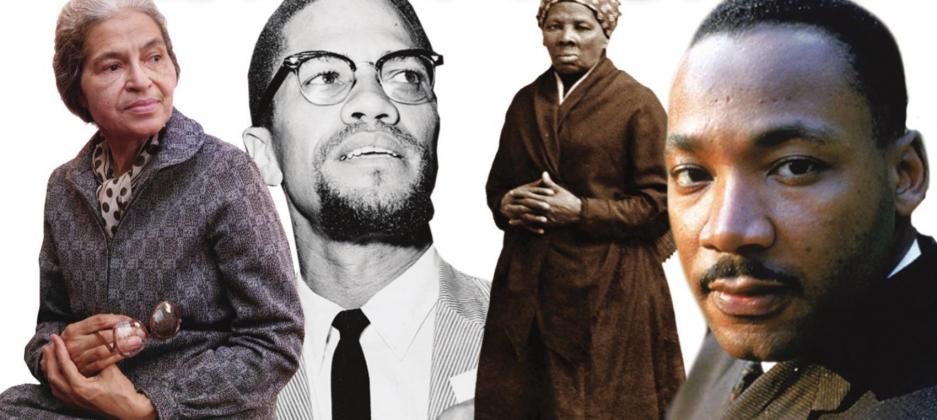Black History Month is commemorated in February, to coincide with the birth dates of Abraham Lincoln and Frederick Douglass, born on Feb. 12 and 14, respectively. The idea is credited to Carter Woodson, growing out of his proposed Negro History Week.
Each year there is a different theme. This election year highlights ‘African Americans and the Vote’ and marks the 150th anniversary of the 15th Amendment, passed in 1870, giving black men the right to vote. It did not extend suffrage to black women, however, and in some places they struggled to exercise voting rights into the 1960s.
Some African Americans who are celebrated during February include Woodson himself, a noted historian specializing in black history, scholar, educator and publisher. He founded the history week in 1926. It was preceded by the organization in 1908 of the National Association for the Advancement of Colored People, created as a buffer against growing racial violence and riots in Springfield, Ill.
Ȧlso in 1908 Jack Johnson became the first African American man to win the world heavyweight boxing championship, retaining the title until 1915.
C. J. Walker was the first American woman to become a self-made millionaire. She was born on a plantation in Louisiana and grew wealthy from her line of hair care products for African Americans. She also developed a laboratory and was well known for her philanthropy.
George Washington Carver derived close to 300 products from peanuts, many at the Tuskegee Institute where he was a professor.
John Mercer Langston was the first black lawyer, passing the Ohio bar in 1854. He was elected as town clerk in Brownhelm, Ohio, one of the first African Americans to be elected to public office. Langston University, the only historically black university in Oklahoma, is named after him. His great nephew, Langston Hughes, became a poet of the Harlem Renaissance.
Rosa Parks became the face of the Montgomery Bus Boycott, but 16-year-old Claudette Colvin was arrested nine months before Parks. She refused to give up her seat on a downtown Montgomery bus for a white woman. Although Colvin’s arrest was well ahead of Parks’ the NAACP chose to use Parks as the face of the boycott.
In 1967, Thurgood Marshall became the first African American appointed to the Supreme Court of the United States. He was selected by Pres. Lyndon Johnson and served until 1991.
Only a year after Marshall’s assent to the bench, Shirley Chisholm was elected to the U.S. House of Representatives representing New York. Four years later, she became the first black or woman major party candidate for the presidency.
Many entertainers are recognized each year for their work in music and film, but in 1940, Hattie McDaniel broke the color barrier when she became the first African American performer to win an Oscar for her performance as a slave in Gone with the Wind.
While these firsts are only a small sampling of awards and firsts by African Americans, the day will come when there are no more ‘firsts’ to become as America continues its march to equality.
Connie Burcham can be reached at Editor@WatongaRepublican.com

